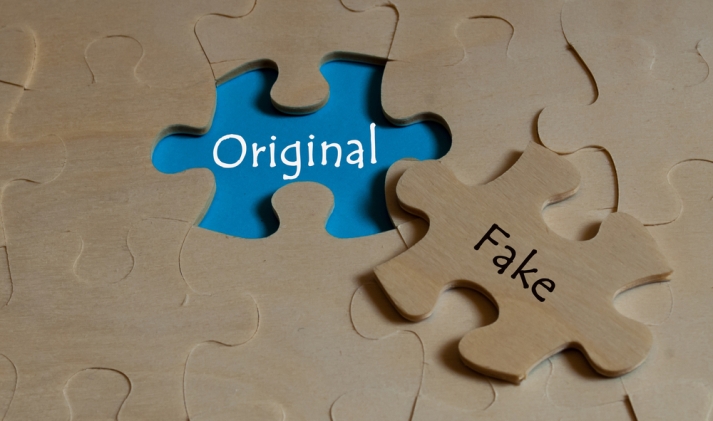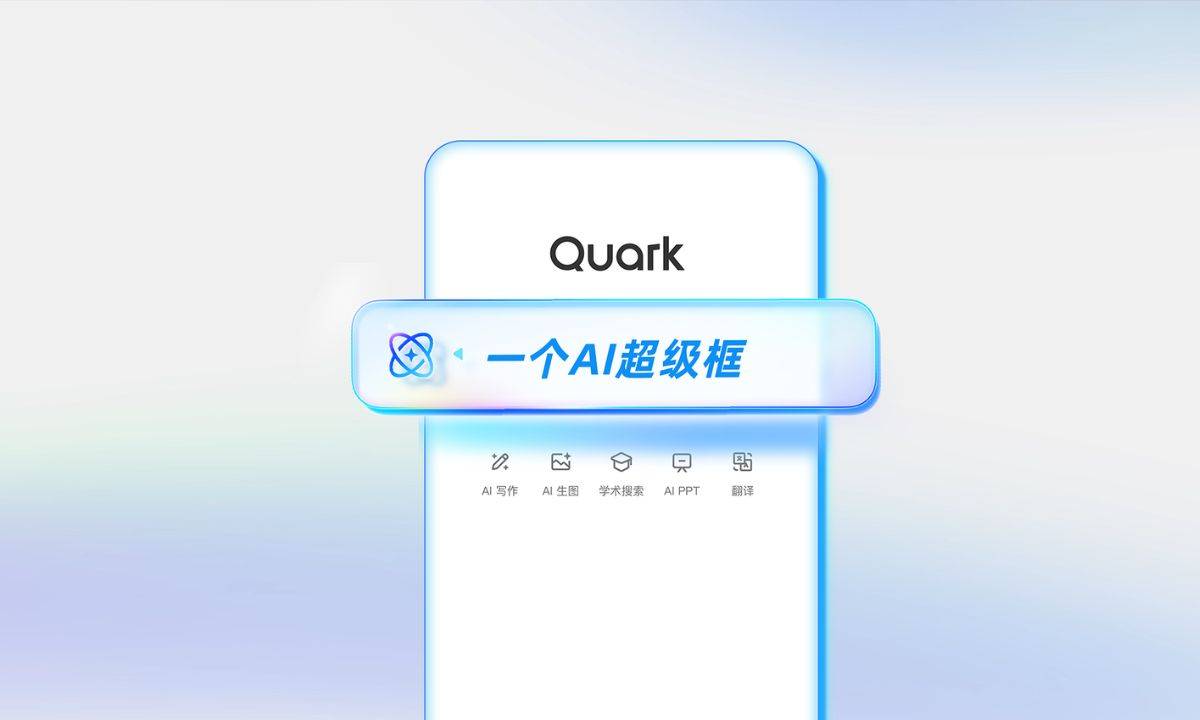
Alibaba Group has become the first e-commerce company to join the International AntiCounterfeiting Coalition (IACC), the world’s largest non-profit organization dedicated tofighting product counterfeiting and piracy,as the China-based e-commerce giant seeks greater cooperation with global brands tocurtail the online sale of fake goods.
Alibaba, which runs China’s largest online marketplaces, has been accused by some Western companies of not doing enough to keep listings for counterfeit products off its shopping websites. Participation in the Washington, D.C-based IACC—which has members from a wide range of industries and includes brands such as Burberry, 21st Century Fox, Apple and Celgene—will help Alibaba secureadditional industry support to more effectively battle the problem, said Alibaba Group Vice President Matthew Bassiur, who heads global intellectual-property enforcement for the company.
“Counterfeiting is a global, industry-wide issue,” Bassiur said in a statement, “and a key component to our overall success is effective collaboration with brands, retailers, trade associations, governments and other industry partners.” As an official IACC member, Alibaba will become part of a network of several hundred companies, law firms, brand owners and other IP experts working on solutions to online counterfeiting and piracy. Membership will “further enhance our earnest efforts to forge closer relationships with brands as we continue to explore and implement innovative solutions to address counterfeiting,” Bassiur said.
IACC President Bob Barchiesi noted that room was made for Alibaba in thecoalitionthrough the creation of a newgeneral membership category. Alibaba has already been collaborating with the IACC since 2013, work that led to the development of the IACC MarketSafe Program, which helps IACC members identify and take down infringing listings on Alibaba’s Taobao and Tmall.com marketplaces via an expedited removal procedure.
“Alibaba has consistently shown an unparalleled level of commitment over the years towards working with us and our members on IP protection and anti-counterfeiting matters,” Barchiesi said. “Having Alibaba as a member will help enrich the ongoing dialogue among IACC members, and enable us to come up with better ways to tackle counterfeiting worldwide,” he said, adding that “with the pace the market is moving, the successful e-commerce platforms will be those who build the right strategic partnerships to ensure safe and trusted marketplaces.”
Bassiur joined Alibaba in January after serving in key intellectual-property and corporate security roles at Apple and Pfizer. In an e-mail interview with Alizila, here’s what he had to say about joining the IACC and Alibaba’s ongoing anti-counterfeiting battle:
What do you hope to accomplish by joining the IACC?
Counterfeiting is a global problem affecting brands across all industries, including e-commerce, so we need to work together. Alibaba continuously seeks opportunities to enhance cooperation and its relationships, and the IACC includes more than 250 brands, trade associations, law firms, and other key constituencies. We look forward to partnering closely with our fellow members.
A lot of companies tend to look at e-commerce marketplaces as havens for fakes. How will IACC membership improve Alibaba’s working relationships with them?
An increasing number of brands are already embracing partnerships with Alibaba as an important part of their anti-counterfeiting strategy. The importance of such partnerships is reflected in the IACC’s decision to extend membership to e-commerce companies. Alibaba is setting a precedent as the first e-commerce company to join IACC, and we will be building upon an existing relationship that has already proven successful since the creation of the MarketSafe program.
You’ve worked in intellectual property enforcement matters for Apple and Pfizer. Now that you’ve been with Alibaba for a few months, what have you learned about the company that may not be well understood in the West?
How IP rights are protected across Alibaba’s platforms is an important indicator of the health and integrity of our marketplaces, so IP enforcement is a top priority.We have a robust, proactive anti-counterfeiting program. That being said, we recognize that there will always be room for improvement. We also recognize that we are uniquely positioned to help lead this charge.Together with brands, governments and the industry associations we will address root causes with practical, rational and innovative solutions.
What would you say are Alibaba’s biggest anti-counterfeiting achievements so far?
There are many achievements and it would be very difficult to select one as the biggest. I would say that the IACC MarketSafe program is an excellent example.The partnership launched in 2013 and has resulted in a 100% take-down rate, the closing of 5,000 seller storefronts, and the removal of more than 160,000 infringing product listings. We’re also partnering with international brands and other trade associations in order to streamline our processes, and more effectively identify potential infringements. In fact, by the end of January 2016, more than 580 brands had joined our “good faith” program, which is a simplified takedown process without the burden of providing evidence of counterfeiting.Simply put, we take their word that the listing is offering counterfeit product.
Additionally, Alibaba is one of the few, if not the only, company in the industry that actively assists law enforcement in conducting offline anti-counterfeiting investigations. In one case, the intelligence provided by Alibaba helped track down and break a complex and large-scale counterfeit operation in both China and the UAE. Arrests were made and tens of thousands of fake luxury handbags were confiscated in Dubai.
Is there a technological “silver bullet” that can eradicate all counterfeits from Alibaba’s platforms?
Unfortunately, no. Technologies such as image recognition and data analytics are vital to our success, but their effectiveness has limits. There will never be a technological solution to eradicate all counterfeiting. An effective strategy requires a holistic approach that incorporates close collaboration between Alibaba and rights holders, associations, and government entities.
What are some of the key anti-counterfeiting initiatives Alibaba has planned for this year?
This year we’re investing heavily in advanced anti-counterfeiting technologies, continuing to expand partnerships within the private and public sectors, strengthening platform governance rules, practices and penalties, as well as announcing and implementing what we believe are game-changing approaches to IPR enforcement within the e-commerce industry. Alibaba takes counterfeiting very seriously and it is our goal to become the standard by which all e-commerce companies are judged.
Any suggestions for brands that want to work with Alibaba?
As I mentioned before, at any given time Alibaba’s marketplaces host over a billion product listings. While we conduct daily proactive monitoring, we also rely on brand owners to share this responsibility by notifying us of potentially infringing activity. The closer brands work with us, the better we become at understanding their problems and challenges.
We encourage brands to establish an ongoing dialog with Alibaba, utilize our takedown processes, and provide us with recommendations and feedback.Many brands coordinate with us through various associations and coalitions dedicated to IPR protection, but an increasing number are establishing direct relationships with Alibaba. We welcome partnerships that serve to advance our collective efforts in IPR enforcement.




